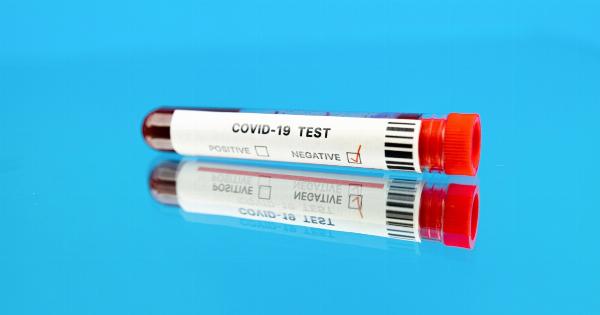The Middle East Respiratory Syndrome (MERS) is a viral respiratory disease caused by the MERS coronavirus.
First identified in Saudi Arabia in 2012, the disease has caused significant concern among public health officials and the general public because of its high mortality rate. Since the first case was confirmed in Saudi Arabia, there have been several outbreaks in the country with a total of 2,494 cases, including 858 deaths.
However, recent reports suggest that the actual number of MERS cases in Saudi Arabia may be higher than reported due to errors in counting cases, causing public health concern.
Errors in Counting MERS Cases
A recent report by the World Health Organization (WHO) has highlighted errors in counting MERS cases in Saudi Arabia.
According to the report, the Saudi Arabian Ministry of Health has been underreporting cases of MERS, resulting in an inaccurate picture of the disease in the country. The report found that the Ministry of Health had failed to report some cases of MERS, misclassified others, and delayed reporting some cases to the WHO, which resulted in an inconsistent and incomplete picture of the disease.
Cause of Errors
There are several reasons why the Ministry of Health in Saudi Arabia may be underreporting cases of MERS. One reason is the lack of awareness among healthcare workers about the disease and its symptoms.
Another reason is the lack of a comprehensive surveillance system to track and report the cases of MERS. Additionally, there may be a lack of resources to conduct laboratory testing to confirm cases of the disease. Finally, there may be a lack of transparency on the part of the Ministry of Health in reporting cases of MERS.
Impact of Underreporting on Public Health
The underreporting of MERS cases in Saudi Arabia has significant implications for public health. Firstly, it results in an inaccurate picture of the disease in the country which can lead to a lack of preparedness and inadequate response to outbreaks.
Secondly, it hinders efforts to understand the disease and its transmission, making it difficult to develop effective strategies for prevention and control. Thirdly, it can erode public trust in the healthcare system and government, which can further impede efforts to control outbreaks of the disease.
Recommendations
To address the problem of underreporting of MERS cases in Saudi Arabia, the following recommendations are suggested:.
- Improve awareness among healthcare workers about the disease and its symptoms.
- Develop a comprehensive surveillance system to track and report cases of the disease.
- Allocate adequate resources to conduct laboratory testing to confirm cases of the disease.
- Ensure transparency in reporting cases of the disease to the WHO and the public.
Conclusion
The underreporting of MERS cases in Saudi Arabia is a cause for public concern as it can hinder efforts to control outbreaks of the disease and erode public trust in the healthcare system and government.
Addressing this problem requires a concerted effort on the part of the Saudi Arabian government, healthcare workers, and public health officials. By improving awareness, developing a comprehensive surveillance system, allocating adequate resources, and ensuring transparency, Saudi Arabia can accurately report cases of MERS and better respond to outbreaks of the disease.






























